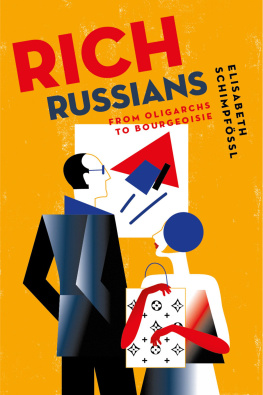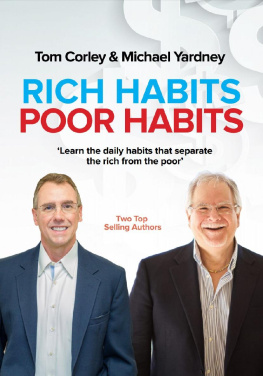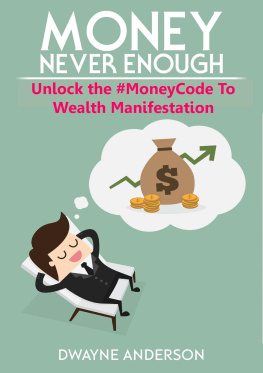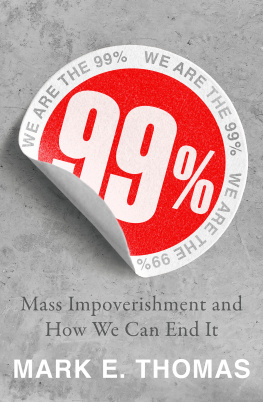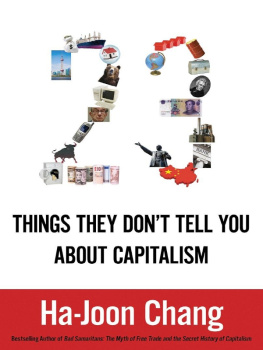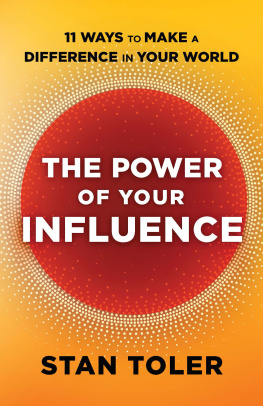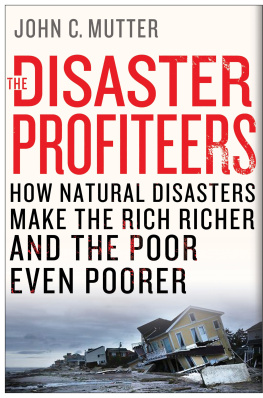Ethan Gollings
The Future Never Seen
Copyright 2019 by Ethan Gollings
All rights reserved. No part of this publication may be reproduced, stored or transmitted in any form or by any means, electronic, mechanical, photocopying, recording, scanning, or otherwise without written permission from the publisher. It is illegal to copy this book, post it to a website, or distribute it by any other means without permission.
Ethan Gollings asserts the moral right to be identified as the author of this work.
Ethan Gollings has no responsibility for the persistence or accuracy of URLs for external or third-party Internet Websites referred to in this publication and does not guarantee that any content on such Websites is, or will remain, accurate or appropriate.
Ethan Gollings has no identification with the ideologies of the figures in this book.
First edition
Cover art by Isabelle Hedges
This book was professionally typeset on Reedsy
Find out more at reedsy.com
To all those who suffered or lost their lives to build our tomorrow.
The greatest of all the accomplishments of 20th century science has been the discovery of human ignorance
Lewis Thomas
Contents
Prologue
Most of us will have been told at least once in our lives how lucky we are to live today and not a hundred years ago when times were harder. But how much has really changed? Can we really say anything has got better? Or are we living in a world disillusioned by the past? Our own lives would have been so different so long ago; or would they? Since 100 years ago, two world wars have been fought killing millions and millions of people to change a failing society; a failing selfish attitude. Then, people refused to take responsibility for each other in a world led by the elite.
Empire was the making of power and that was only achieved by brutally forced submission. These were the times when the lower-class listened and worked to the bone for the wealthy, to drive the economy; to make the rich richer and the poor poorer. People were marginalised for their race, colour, creed, gender and wealth. It was a society stuck in the ways of absolutism. There would be only one way: to break the people into fear. To rule unconditionally. There was seldom a chance for the average person to do well for themselves. To make a positive change in their everyday life.
Four countries: Russia, Germany, the UK and the USA all began like this. However, even as soon as 20 years since the turn of the 20th century, this had changed. Russian monarchy had been overthrown by a brutal revolution and now Russia was ruled by the people; with those people being brutal Communist thugs. Germanys Kaiser had been overthrown to lead into a new equality-found Democracy. Britain had given women the vote and was, as it had been for over 200 years, a Constitutional Monarchy within a Democracy. Likewise, the USA had remained like it had been; ready to forget the horrors of the past for a new sense of prosperity.
As the changes of the decades continued to go on, more people were questioning what it meant to be human. The horrors of the Holocaust brought to light what humans were capable of doing to each other. From then on, people were set on bringing about equality. From the legalisation of homosexuality and the abolition of segregation, citizens would take absolute rule no longer. They had seen the mistakes of their parents and grandparents and vowed that such abhorrent things would serve as testament to what can happen if compassion is not shown. In todays modern age we are reminded that we have come so far from where we used to be; but, in fact, we have hardly changed.
I
The Beginnings of Destruction (1900-1918)
The first period of the 20th century marked a cataclysmic change in the perception of order. The previously aristocrat-led society, epitomised by the absolute monarchy both Russia and Germany endured, brought poverty and misery to many lives and left many hoping for a new order. A time when people would heed the lessons of the past and rebuke their own selfish desires. The war that no one wanted and few of the bourgeoisie expected was undoubtedly the only way prosperity could be brought to the masses. The changes in the period were not only significant in their impact on peoples lives but also paved the way for a rise in extremism and a fear of other countries and other cultures. This was no longer a world of empire and royalty but rather it was the gateway to apocalypse.
It has been so frequently shown that people in pre-revolution Russia suffered so terribly that it brought them to the brink of their survival. After Red October, propaganda told of how before, people had sought such hatred in their hearts as the world had never seen with any imperial rulers, but how true was this? Seldom people believe there was hope for the Romanov dynasty (the monarchical family of Russia, prior to the revolution) and that the Proletariat (working class) was not so much at war with the Bourgeoisie (middle class) as the revolutionaries had so boastfully made clear. Lives may have been at a stage where times were hard but it was not beyond the cause of reason to believe previous estimates have been exaggerated. Here we shed a light on what really happened before that blood red revolution for the people.
A study by the Russian State Social University shows that an adult males wages were enough to sustain an average household at subsistence level; with the exception of 1916-17. So while Imperial Russia was no luxury for most regular workers, it was no torture either. The paper reveals that previous estimates of Romanov-ruled Russia need historical and economical revision. The myth that times were so terrible for the people of Russia perhaps came from its rapid population growth as so often is this the cause of a rapid decrease in living conditions.
The only noticeable justification for such an assertion stems from the lack of consistency within the living standards of the rural population, compared with city dwellers and, to this extent, the peasants of Russia many-a-time found it difficult to feed themselves, and were freezing to death, while the Tzar imported luxury food, from abroad, and kept warm in one of his many luxury palaces.
The Russian population increased by 111,637,000 (multiplied by 3.55) in the last century. The Russian government took significant steps to strengthen Russias position in the world economy, through industrial development, improvement of public finances, stabilisation of the ruble by introducing the gold standard, and expansion of transport infrastructure.
Industrial growth rates were significantly higher than average, and in the years of massive industrial expansion (1885-1913), the growth rate was 5.72%. By contrast, in other industrial countries, the growth rate was 5.26%, 2.11%, 4.49% and 6.17% in the USA, UK, Germany and Sweden respectively. Therefore, it can definitely be said that Russia held a world-class place at the table of industrial growth. However, this could have resulted from the unpunctuality of the Russian industrialisation policy.
Great Britain had witnessed its revolution take place many years earlier, through the late Georgian to the Victorian period, so it was simply a case of catching up. Russians were many-a-time made a mockery of, in literary works, for their peasant-like agriculture-based economy, and because there was rapid expansion everywhere. One example of this is from J. B. Priestleys 1945 work, An Inspector Calls, in which a wealthy businessman from 1912 states that there will be rapid progress everywhere, except of course in Russia, which will always be behindhand, naturally. Although this was almost certainly not true.
Next page

